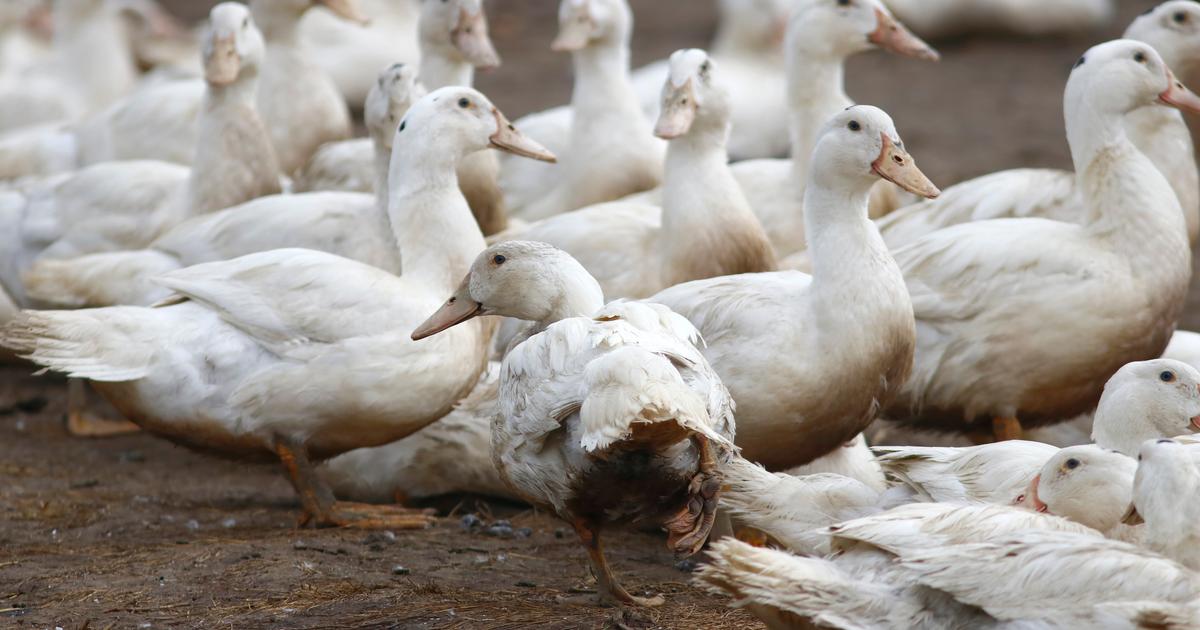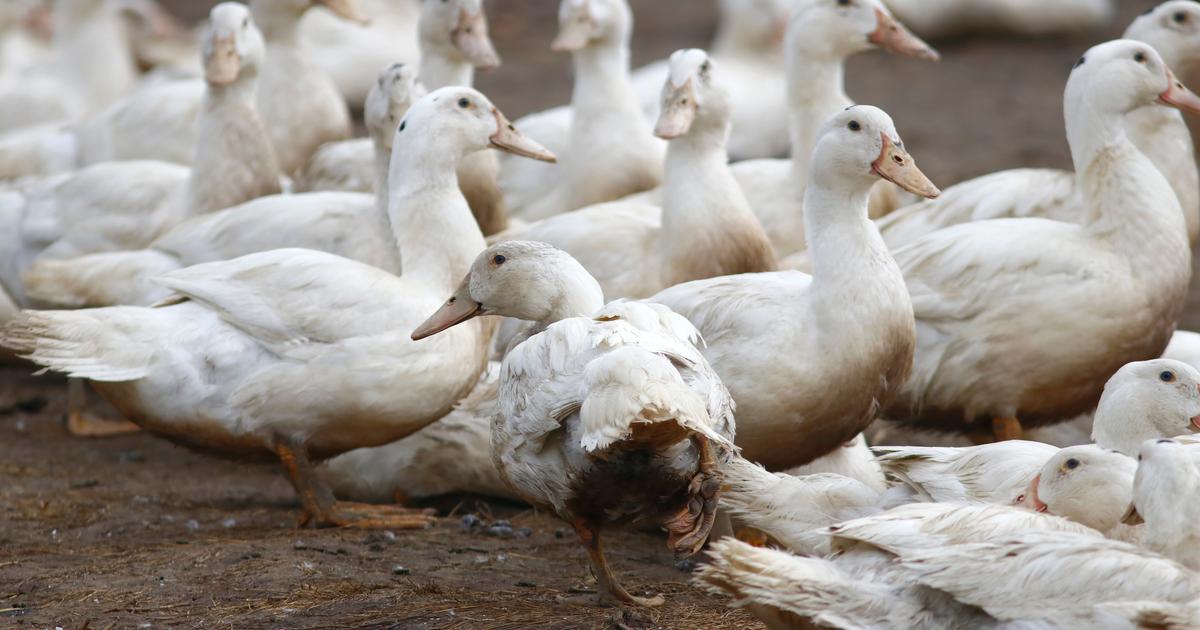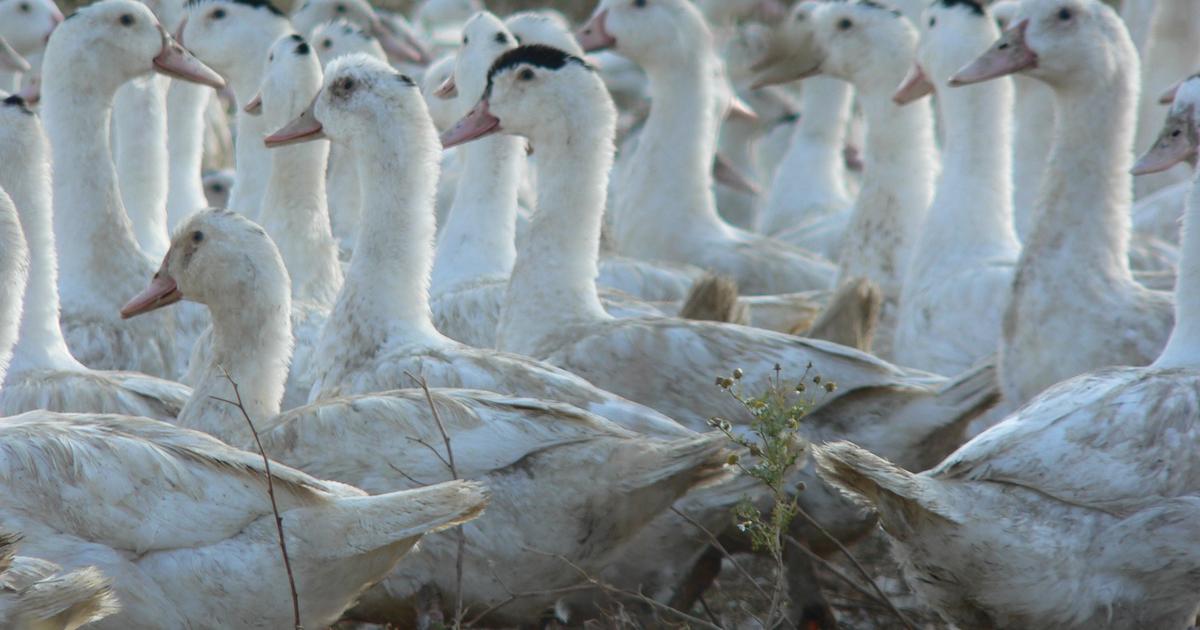The residences breathe again after almost a year besieged by the pandemic.
Mass vaccination in senior centers, the first group prioritized in immunization, begins to take effect and infections are decreasing.
According to the Ministry of Health, 103 outbreaks of covid have been reported this week in social and health centers, half of those reported two weeks ago.
With the data collected by EL PAÍS, eight communities also confirm the fall in infections in residences and point to mass immunization as the key element in this reduction.
In fact, with the autonomies about to end the administration of the second dose of the vaccine in residences, some regional governments are already considering making the entrances and exits of the centers more flexible.
Experts, however, claim "prudence" when de-escalation.
The no to the vaccine in residences, minority but risky
29,800 people who lived in residences have died from covid in Spain since the start of the pandemic
Although it is true that the epidemiological curve is going down throughout Spain and social restrictions also help to minimize transmission, in the last 15 days the fall in infections in the social and health environment, where residences are included (in these centers a case is already considered an outbreak), is greater than the total.
Thus, the outbreaks reported this week in Spain in all areas have been reduced by 7.23% compared to those reported two ago.
However, in social health settings, the fall in infectious episodes is almost 50% in the same period.
This decrease is also greater than that registered by the social health centers during the decline of the second wave: in the week of November 12, when the incidence was similar to the current one, outbreaks in these settings fell by 26% compared to to those reported two weeks ago.
"This Friday [yesterday] we finished putting the second dose in the residences.
We are in a very good situation: from 91 to 60 in a week and there are only four hospitalized ”, explains a spokesman for the Navarrese Ministry of Social Rights.
In this community, only one outbreak with eight cases has been reported after the second dose.
After 11 months where the virus was primed with the residences - about 30,000 people who lived in social services centers died -, the centers for the elderly begin to feel the relief of the protection imposed by the vaccine.
“There is still no significant impact on the number of deaths.
Is soon.
But, obviously, as there are fewer infections, there will be fewer deaths.
We have to go back to normality ”, points out Jesús Cubero, from the Aeste residences association.
It is not yet known if the vaccine exempts from contracting the virus, but it does protect against the most serious forms of covid and will prevent deaths.
According to the Balearic Health Council, active infections in residences have been reduced by more than 60% in a month and, although a dozen positives have been detected after receiving the two doses of the vaccine, all have been asymptomatic or mild.
The Generalitat of Catalonia celebrated on Wednesday that the effects of vaccination in residences were already "very visible": there are 358 residents with covid (0.7% of the total), 57.7% less than 10 days ago.
Aragón, which maintains a downward trend in infections in residences, or Castilla y León: a spokeswoman for the Ministry of Health explains that outbreaks in residences in December accounted for 16.6% of the total, have also positioned themselves in this line. while currently they are 5.8% of all infectious episodes registered.
Also the Valencian Community estimates that infections in residences "have dropped by half," says a spokesman, although he does not specify figures.
In the Basque Country, before inoculating the first dose, there were more than 400 active cases in the residences of the three provinces, while now there are 119 infected.
Andalusia has also noticed a drop in cases in the elderly (there are 963, almost half the number 15 days ago).
Relax restrictions
The improvement in the epidemiological situation in the centers for the elderly has precipitated that some communities choose to relax the restrictions in them.
At least Navarra, the Balearic Islands, Extremadura, Andalusia and Catalonia point to this scenario.
“We are recommending to the communities that they begin to develop de-escalation plans to open the visitation regime.
With caution, you must try to return to normality.
We have to be more permeable, ”says Cubero.
María José Carcelén, from the 5 + 1 residency coordinator, praises the importance of opening doors: “I have not hugged my mother for a year.
It doesn't make sense that you can't touch them.
They need to feel close to us. "
From today, the Balearic Islands will allow departures from the center when the user is vaccinated, but with the exception that if they are out for more than 72 hours when they return they must have a negative PCR.
In Navarra, residents could already go out for a walk around the center, but if they were exposed to risky situations - "such as going to a bar and removing their mask," exemplifies a spokesman for the Navarra Ministry of Health— Upon returning to the center, the user had to undergo a PCR, spend 10 days in isolation and repeat the test.
Now, those who are vaccinated will be able to leave without having to take a diagnostic test on their return.
Navarra will also make visits more flexible, which were now only one day a week, although the security protocol will be maintained.
Catalonia also has a flexibilization plan and Extremadura has already made progress that, once the centers complete the vaccination schedule, they will be able to extend their visits and stop doing periodic antigen tests on workers.
Andalusia will also allow visits and outings to users who have both doses from today.
However, not all communities share the reopening.
Castilla y León predicts a slow de-escalation and Aragon, Murcia and La Rioja refuse to relax the measures for now.
Experts also ask for caution.
“You cannot throw the bells on the fly.
Vaccinated people can become infected or infect and departures cannot be liberalized, ”says Daniel López-Acuña, former Director of Emergencies at the World Health Organization.
With information from
Lucía Bohórquez
,
Pedro Gorospe
and
Margot Molina
.
"The elderly want to go out, that I give them air"
The Juvany Residence in Barcelona claims to be “a white center”.
In other words, none of the 52 elderly people who live there have been infected by the coronavirus.
"The only positive was me, at the beginning of everything and, luckily, slight", remembers its director, Vicente Botella.
The vaccine was his mattress of salvation.
“When the vaccine came, we breathed.
Because we thought that, if the virus entered, it was going to take away all the elderly ”, he explains.
The center is now preparing to reopen its doors while the Generalitat finalizes the instruction that will make entry and exit more flexible.
“We are all calmer and families, expectant.
Most of the elderly people really want to go out, have some fresh air, take a walk or go away for the weekend, ”explained Botella.
But there are also those who have become used to loneliness after a year with strong social restrictions.
"They got used to not going out and make more life in the room," says the director of the center.
Other users, adds the geriatrician, are simply afraid.
“Fear of going out.
An old woman told me today to say that there was a positive case in the residence so that they would not let her leave because she saw that people were dying in the street.
They are very fragile physically and psychologically ”, says Botella.
Despite the enthusiasm of the industry and families to open doors, epidemiologists call for caution.
“It all depends on who they are going out with and where they are going to go.
Despite being vaccinated, if they can be infectious, they can infect other elderly people.
We must continue with the measures to prevent the virus from entering the residences because there may be unvaccinated people, "says epidemiologist Daniel López-Acuña.









